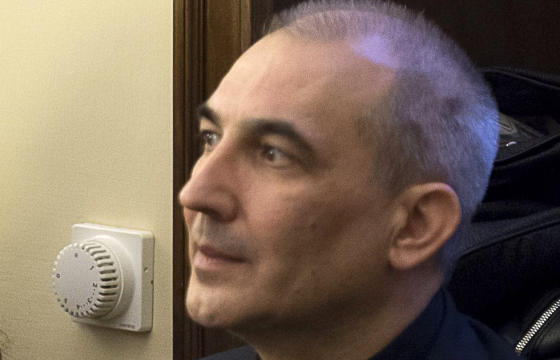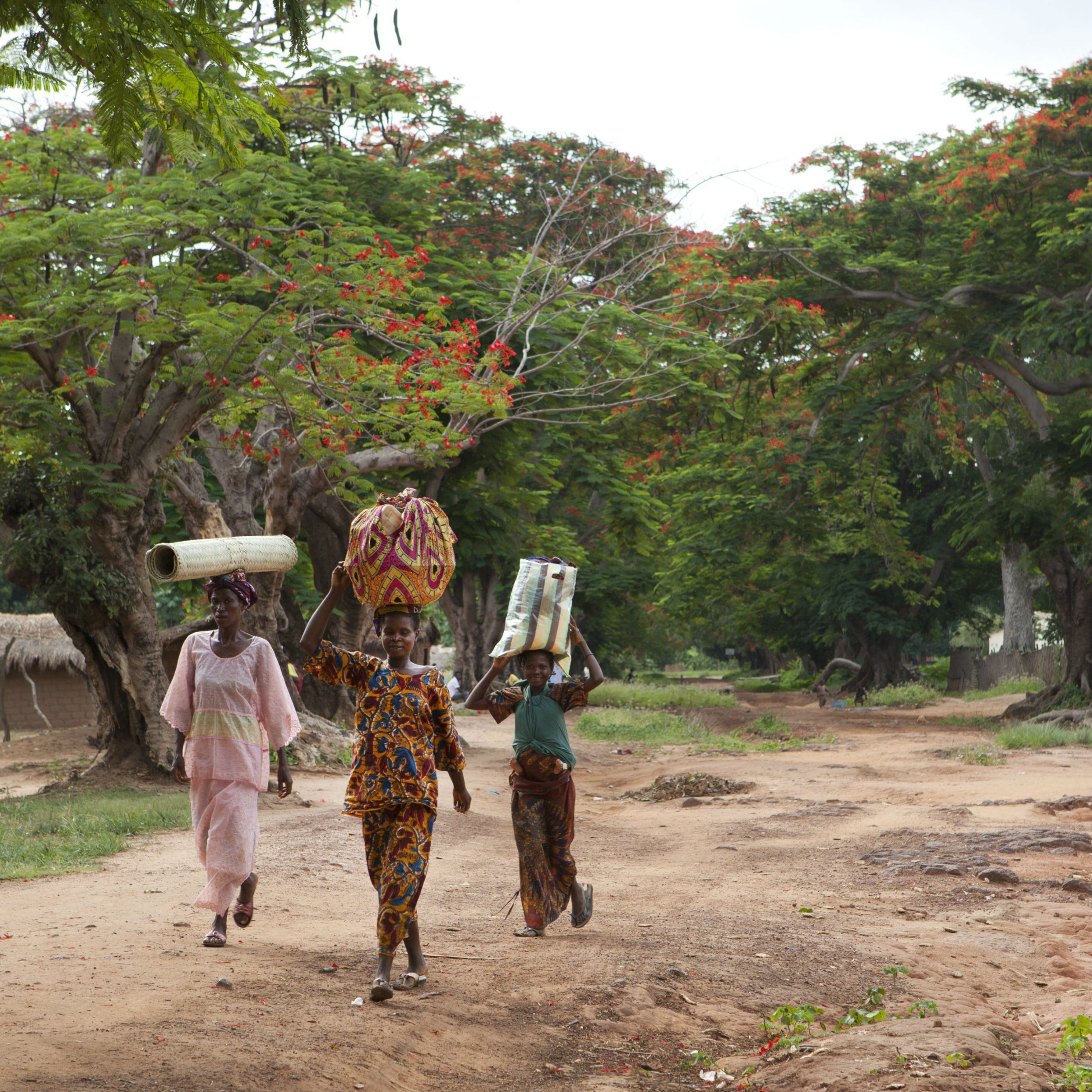The Catholic Church in Ghana has released a report exposing land injustices in an attempt to urge government officials to protect rural people in the West African nation.
The social action arm of the Catholic Bishops' Conference in Ghana, Caritas Ghana, has produced a 48 page report, "Unmasking Land Grabbing in Ghana: Restoring Livelihoods, Paving the Way for Sustainable Development Goals," detailing how inadequate land management and ownership policies, coupled with external economic development programmes, has created an environment for land grabbing in Ghana.
The issue of land grabbing - large-scale land acquisition that displaces the original owners – impoverishes local people and has dire implications for the country’s sustainable development goals, Samuel Zan Akologo, executive secretary of Caritas Ghana, told Vatican Radio last week.
"It is our hope that this conversation that we are beginning today would help deepen our understanding on the issues involved and to enable the bishops to take actions based on informed position," he added.
He added that the Church was committed to bringing the phenomenon to the attention of national government officials.
The report, released last week and produced in partnership with the country's Centre for Indigenous Knowledge and Organisational Development and the Africa Faith and Justice Network in Washington, is based on six months of field research.
The case studies it details are “chilling and sometimes heart breaking,” said Akologo.
The report highlights “the potential for corruption, manipulation, threats and intimidation that pave the way for land deals done in surreptitious circumstances,” Akologo told Vatican Radio. Foreign investors often exploit loopholes in national legal frameworks in order to obtain thousands of hectares of arable, usually at the expense of the subsistence farmers living off the land, he added.
The report refers on several occasions to Pope Francis' encyclical 'Laudato Si', on Care for Our Common Home.' It also suggests the encyclical be used "as a framework for the collective and collaborative response of church, state, society and corporate bodies to build consensus in addressing the problem."
Ghana’s swathes of uncultivated arable land, rich soil and its lack of regulations around land acquisitions has attracted multinational companies, report the Food Security Policy Advocacy Network (FoodSPAN), a Civil Society Organisation based in Accra.
Since 2006, over 20 companies from countries around the world, including Brazil, China, Germany, Italy, the Netherlands and Norway, have acquired large tracts of land, largely in northern Ghana, in order to farm jatropha, a non-edible plant the seeds of which can processed into biodiesel, claims Ghana’s Ministry of Food and Agriculture (MoFA).
In 2009, foreign companies were estimated to control 37 per cent of Ghana’s cropland, according to a briefing document produced by the international development organisation, ActionAid, in partnership with FoodSPAN.




 Loading ...
Loading ...